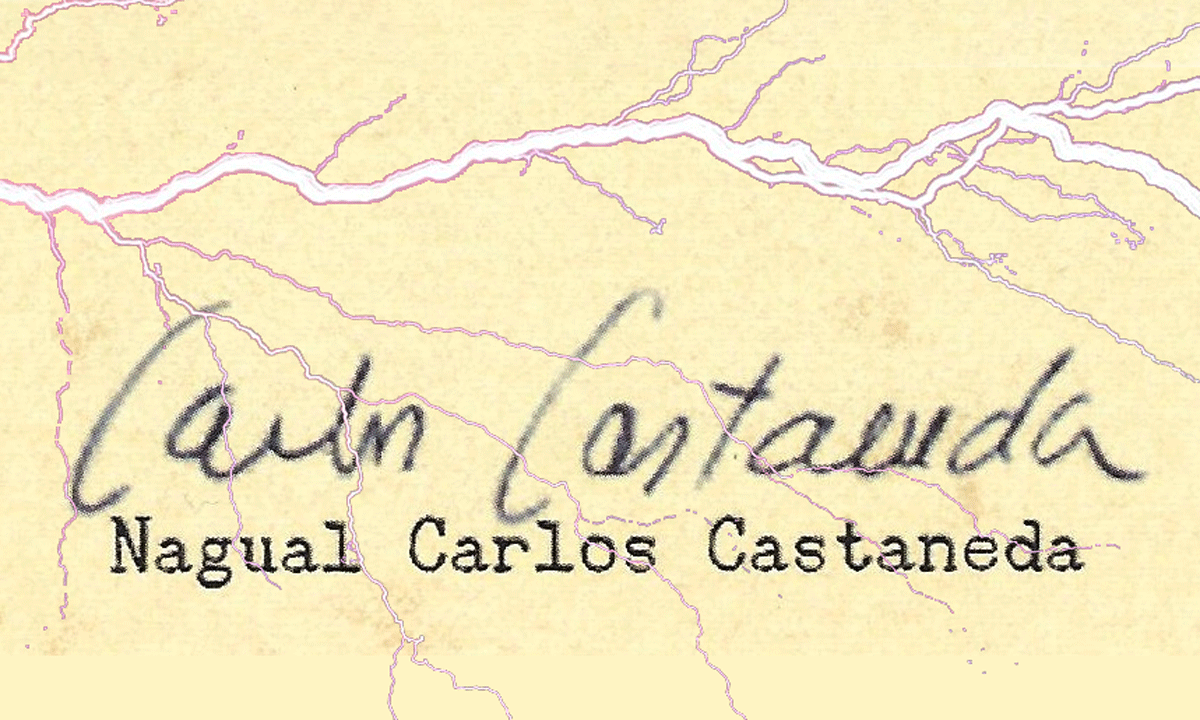
In the 60s and 70s, if you had long hair, you knew Castaneda. Obviously. This American anthropologist has fascinated a whole generation of young people around the world. His books are less anthropological treatises than initiatory tales. But what stories to live!
Twenty years after
I immediately found myself comfortable with his form of mind. It offered a very refreshing… and terribly effective philosophy of action!
I practiced Castaneda as we practice Nietzsche or Plato. I loved it as we love Nizan, Joyce or Proust. And then other feather heroes took the spotlight: Tolkien, Kerouac, Faulkner, Bukowski… In fact I still loved him, even though I had stopped practicing his philosophy.
So, twenty years later, when I found this dear Castaneda at the domain of Rochefort where my benefactor officiated, I celebrated him as an old friend and his philosophy was a breathtaking rediscovery. By practice, finally, I could understand what he was talking about.
The way of the Nagual
Jean-Claude Flornoy, my benefactor, has enriched his practice with his own discoveries on the way to Nagual. The Rochefort years were for me the test of fire. In the living, through daily action, I was able to verify the validity of this philosophy so criticized. It is by practicing a philosophy that we know it to be good or bad. For my taste, Castaneda’s is perfect. This practice is very important to me. Actually, I never let it go again…
To practice a dead author, one has only his work. Or the timeline. One reads it, one meditates it, and one day his thought becomes ours. We’ve been fighting. That’s exactly what happened to me. Castaneda is a thinker, no doubt about that. He is also involved in his own practice, that of nagualism.
This practice is the recognition of his supremacy. Next to him, all philosophers are off. No sage survives. No thinker persists. Beyond the brain he relativizes, Castaneda is the head, the heart and the belly. He plays the subtle muscles, unleashes the magic of the mind and teaches the prowess of the body. No need for yoga when you have Castaneda. No need for Buddha…
We stink of the head.
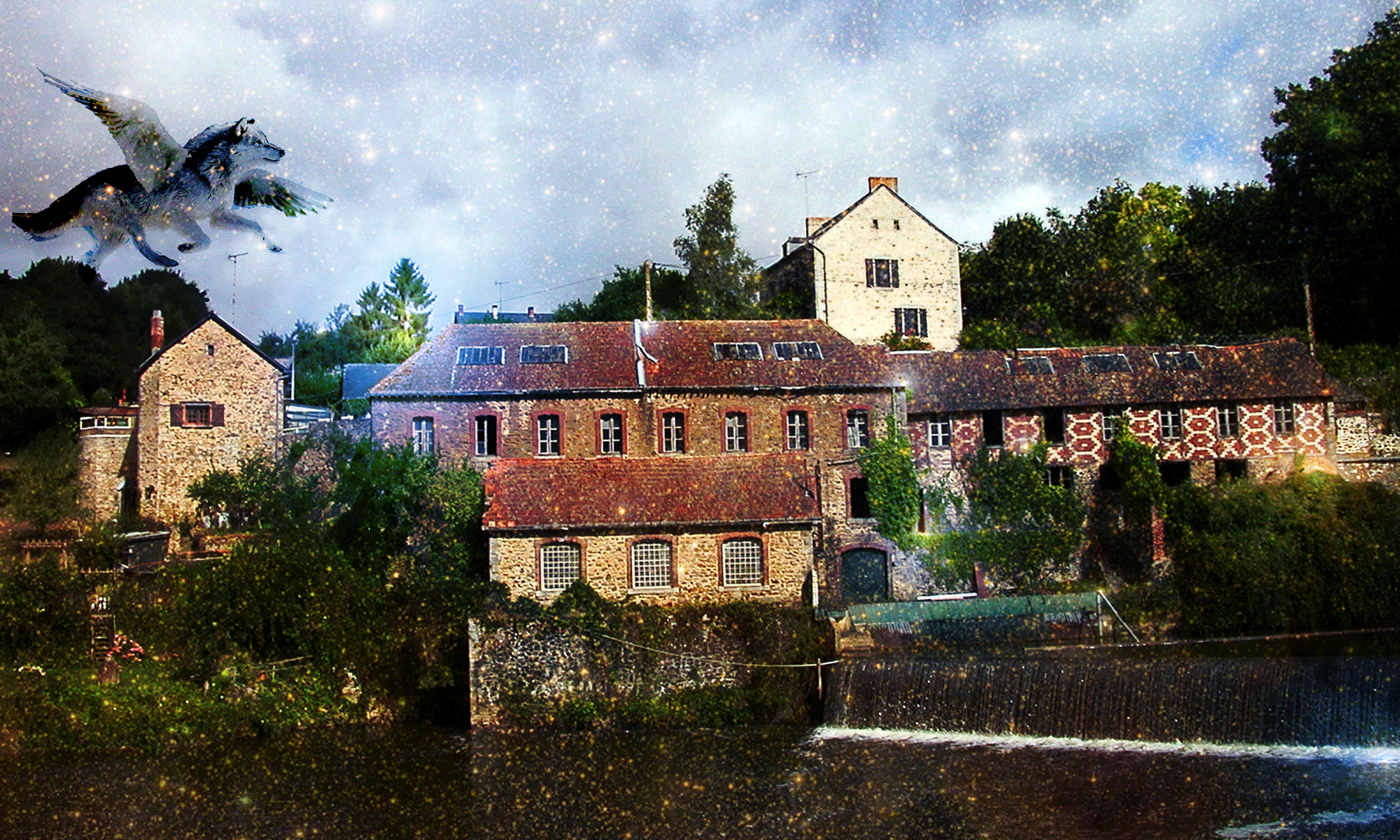
Too clogged
Beware, idolize no one! No one alive deserves to be humiliated before him. If he demands it, he deserves it even less. But this is my way of saying I love this guy. Castaneda, I love you seriously. I wanted you to know, wherever you are, even if you don’t care. Even if too many strangers have told you. Even if where you are, you have become deaf to what is happening where I am still.
The Devil’s Grass is his first book, a sin of youth. He is also the only one who mentions drugs as an integral part of the magic practices of Mexican sorcerers. And again, Juan Matus later revealed to him that the repeated use of psychotropic substances was reserved for morons: “I had to use drugs because you were too clogged to understand otherwise. It was to open your head. But you are the only one of my apprentices to have used them. Drugs are only for morons like you.”
Morons too closed to have properly cleaned the doors of perception.
Books
The books of Carlos Castaneda are of varying interest. In French, Gallimard has published the only ones that show a maturity and a strength of conviction of good quality. See, The Journey to Ixtlan, Stories of Power, The Second Ring of Power, The Gift of the Eagle, The Fire from Within, The Force of Silence. These are the seven titles that deserve to be read, reread, studied and practiced. With his other books one runs the risk of being misled as he misled himself.
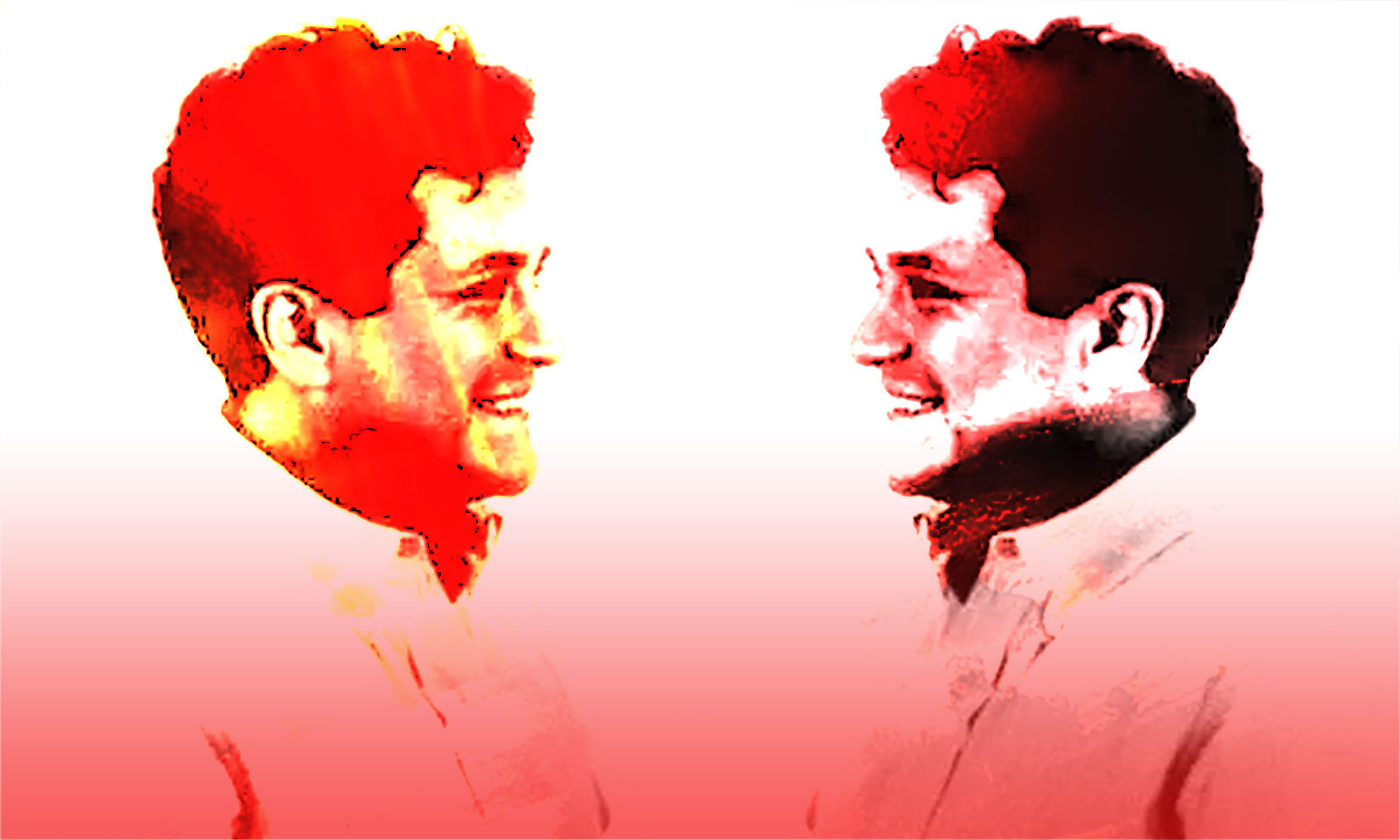
Megalomaniac
One day, Castaneda left the path that has heart. The brilliant author has suddenly given way to a mytho-megalo-erotomane jester, who no longer cares about pulling his readers upwards, but rather to extract money from them. That’s why his latest books could be called The Lost Impeccability. Impeccability, for the warrior or sorcerer, consists in doing the best possible task that falls to him, without any other consideration or interference of any kind.
His wanderings are as many milestones for the adept. We learn the same by trying not to repeat them after him. No one is immune to mediocrity. Whatever the altitude reached, the fall awaits the climber as a punishment for the slightest error. Impeccability does not consist in slavishly imitating, but in interpreting every data of our lives in the light of a philosophy of action that best adapts to all situations, even the most unlikely, such as those that await the warriors of light.
If the light sees a hundred thousand persons, it descends only on the one whose essence is light.
Personal power
By practicing this impeccability in each act of his daily life, the seeker of truth receives impersonal aids that emanate from the living. A bit of what Christians call divine grace, but without god. I mentioned the sorcerer. In Europe, this word took on a pejorative meaning. Under other skies, the sorcerer, shaman or nagual is respected for the height of his ambitions and the totality of his commitment. He is above all the healer of the soul and the body.
To get out of the Christian context which is inappropriate, let’s say that the help received by the impeccable warrior resembles what the psychoanalyst Carl Jung called synchronicities. Juan Matus designates them under the generic name of personal power.
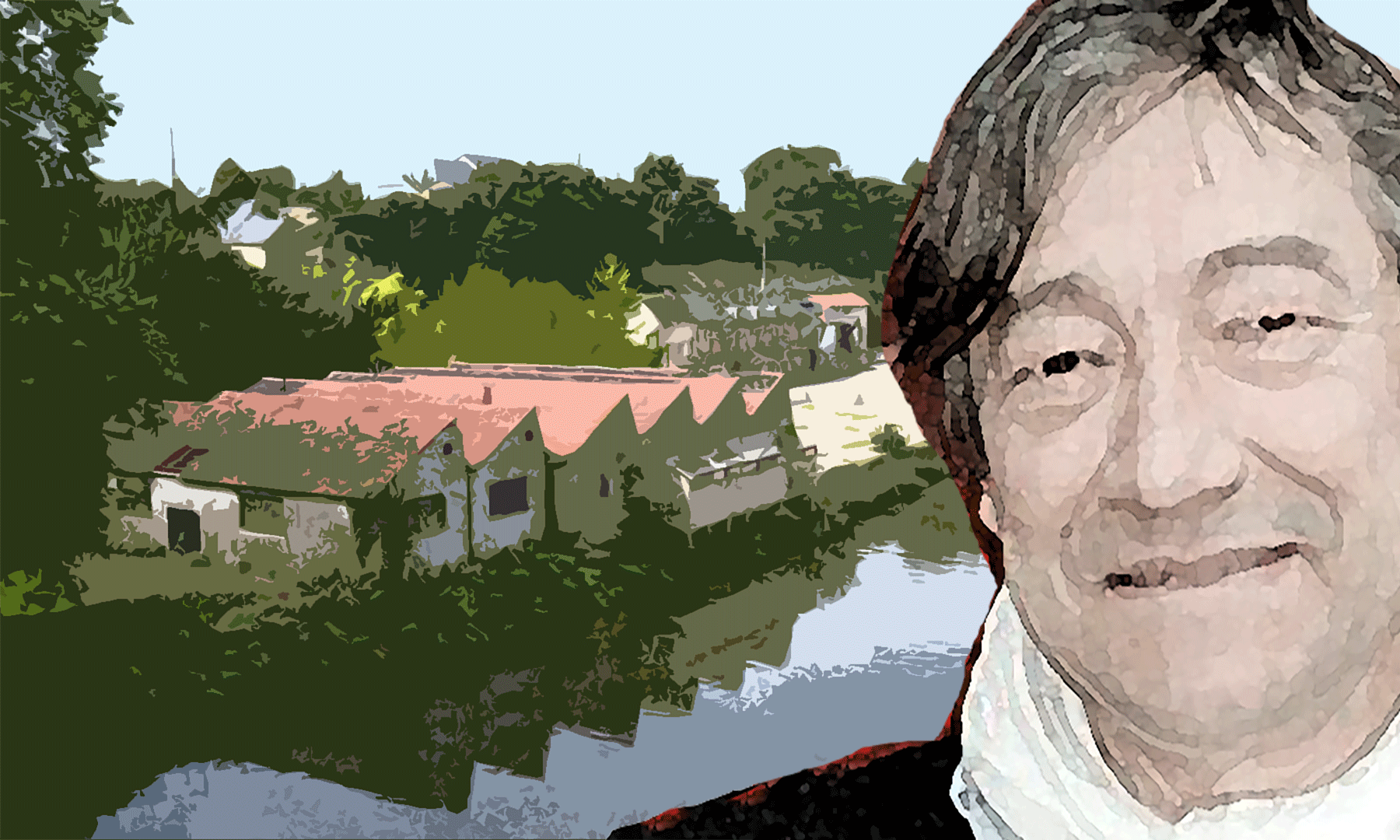
Impeccability
Impeccability, for the seeker or the seer, is the condition of any interpretation of the see, as that of the remains, ruins or ancient texts. It requires caution and openness.
The impeccability of the researcher consists in not projecting into what he sees his conditioning as a 21st century man. He must advance free of prejudice, formulate his hypotheses with all the resources of his creative imagination to speak as Bergson, or to see him to speak as Castaneda, and validate or corroborate them with the most impartial rigor.
There are many qualities, some of which are contradictory. Remember that impeccability has nothing to do with morality. For the warrior she is just the best way to increase his personal power.
The snail
One day, Carlos walks with Juan Matus. Suddenly the apprentice picks up a snail and puts it in the shelter. Matus rises up: never does a warrior impose his “help” on anyone, even a snail. Who are we to decide the fate of other beings? By moving this snail, Castaneda may have stolen a victory from him. “I will put it back where I took it,” replies the penaud apprentice.” No, said Matus. Foolishness is done, do not add a second.”
Paradoxically, while here Juan Matus respects the free will of a snail, on other occasions he shows a total lack of respect for the free will of his students. Among his towers, Matus possesses the Nagual blow. It is a light tap on the brightness of the subject, which has the effect of moving the assembly point.
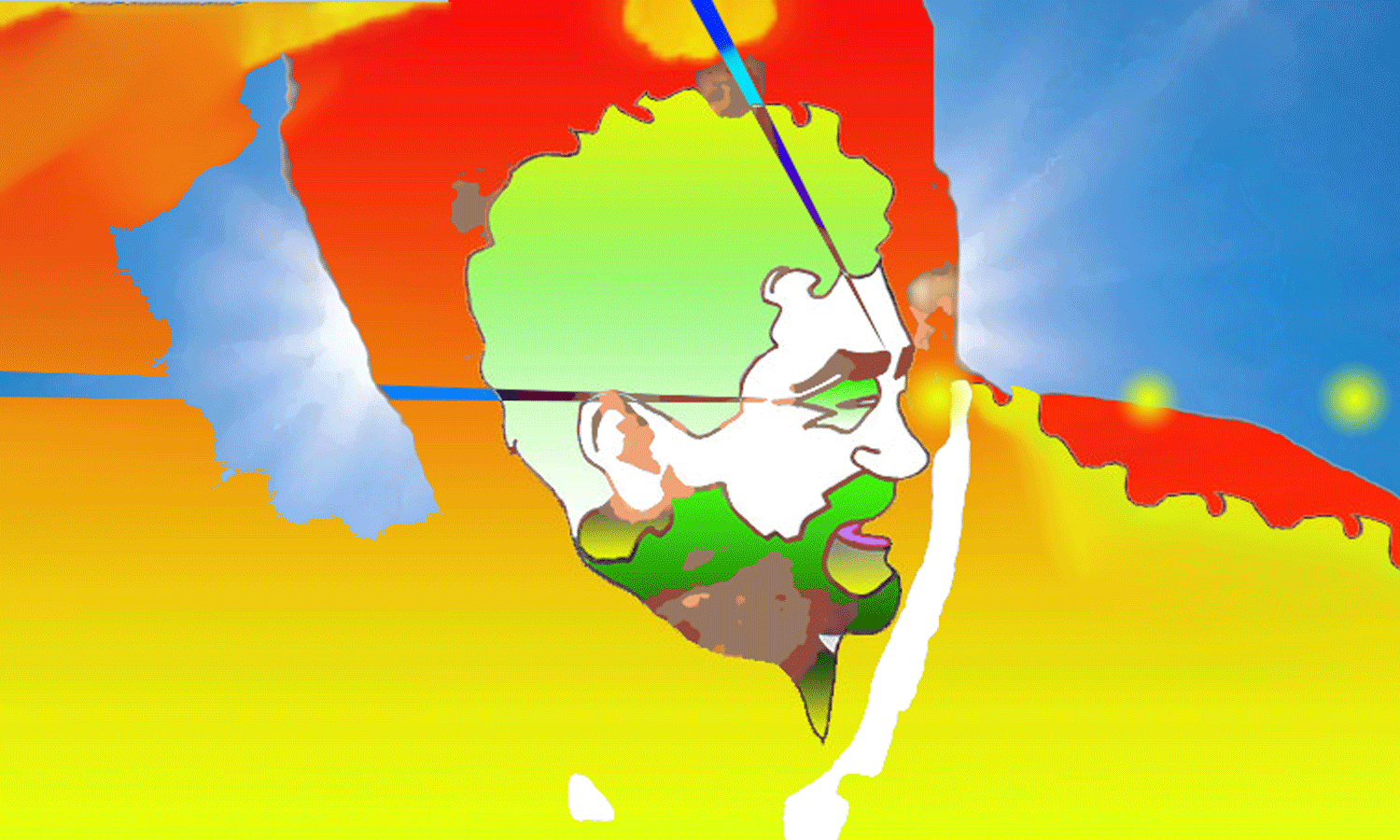
Free will
He never asks for permission before intervening in this way, posing a heavy act of consequences for the future apprentice. This is how the sorcerer puts in his bag the beings that interest him. Sometimes they rebel: Juan Matus left his benefactor for ten years, I left mine for ten years too… But the length of the absence does not matter: it only takes time for the disciple to understand the issue.
Strictly speaking, there is no god or morality for sorcerers, but a blind, inexhaustible, universal power, which is Energy, and a reactive impersonal principle, Intention. With his own intention, the warrior attracts the impersonal Intention, which rains upon him waves of Energy. Intent attracts energy like a lightning rod attracts lightning. When he receives cosmic energy, the warrior is connected: he is united with the Whole. Then he accumulates pot shots and synchronicities.
It’s up to each of us to learn how to attract luck.
And the way is impeccability. Not holiness.
We either make ourselves miserable, or we make ourselves strong. The amount of work is the same.
The non-ordinary reality
Castaneda’s practice is not a religion. It is not a doctrine. She took me when I was 20, I found her when I was 40, she never left me. It’s a disposition of mind. The warrior who chooses this path does not choose it once and for all. Every moment, everything is questioned. Everything, that is, your life, your death. What you believe, what you are, nothing of all these evidences resists long the practice of nagualism.
There is no temple, nature is a temple. Your house is a temple. So is your body. There are no priests, there are sorcerers and warriors, you will find them on your way when the time comes. are enough. They give us a wavelength, they plug us into another reality, which he calls non-ordinary reality or separate reality.
The rest depends on you. If your current world does not please you, make one that suits you.
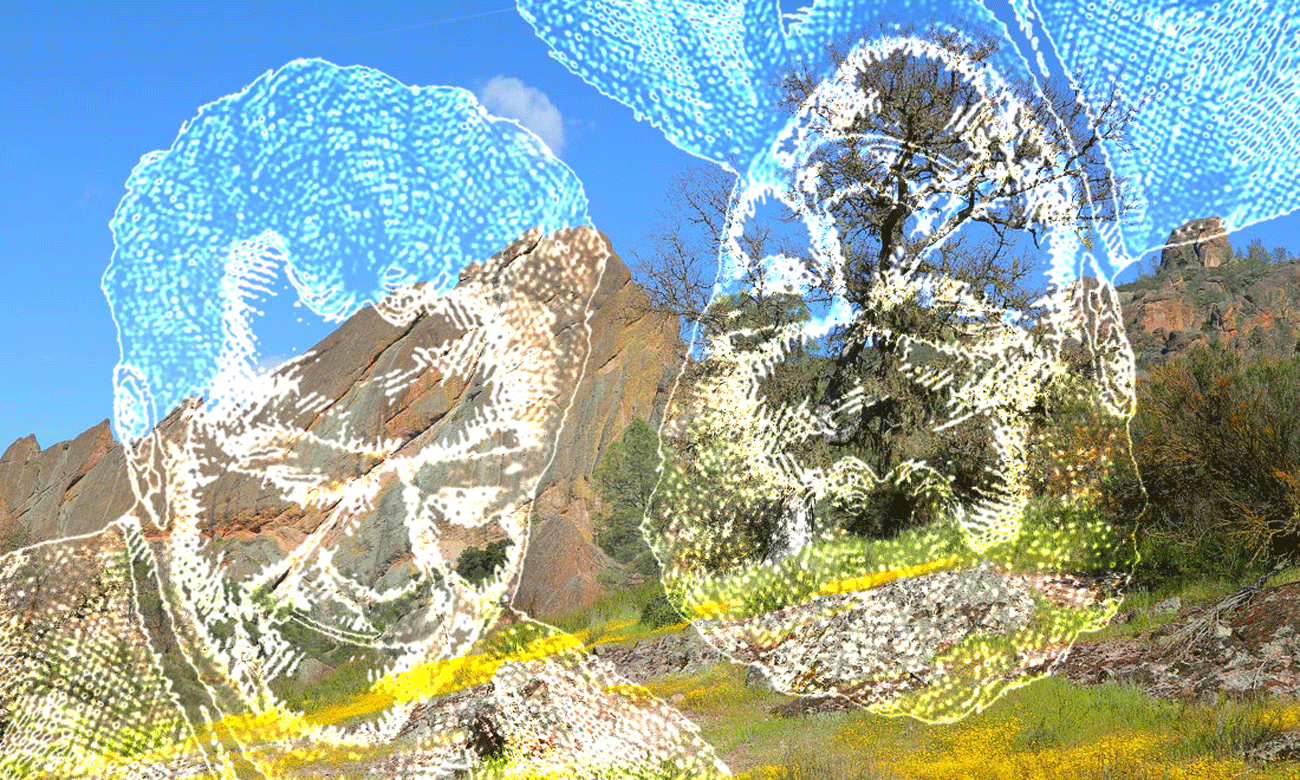
Nature is a temple
“Nature is a temple where living pillars
Sometimes leave out confusing words.
Man walks through forests of symbols
Who observe it with familiar looks.”
~~Charles Baudelaire
Nature is another word for life. The only life worth living: wildlife. By living in a cage and going around in circles on concrete, do we still know the punch and violence of nature? To practice nagualism is to reconnect with the ancient pact: to follow the Rule. No choice. This rule, if you don’t follow it, you get it on your fingers.

You have just read my second article on Carlos Castaneda. Posted in 2010, it was updated several times before this version. In addition to this presentation, I devoted many articles to Castaneda and nagualism:
- Carlos Castaneda
- Will And Intention
- The Impeccable Warrior
- Non-Ordinary Reality
- A Separate Reality
- Erase Your Personal Story
- Stop The World
- The Tyrant And You
- Benefactor
- The Rule And The Nagual
- The Nagual’s Door
- The Art of Dreaming
- The Art of Seeing
- The Seven Degrees Of Seeing
- The Assemblage Point
- Sense of Timing
- Knowledge And Duty
- How I Feel
- The Guardian For Castaneda
- Emotional discoveries
- The Four Enemies Of The Warrior
- Warrior With No Importance
- The Warrior’s Mask
- The Flight Of The Warrior
- Self Power
- The Second Ring Of Power
- The Path With A Heart
- Sorcerer With A Heart
- The Dressing Of Perceptions
- Human Inventory
- The Do-Not-Do to Write
- Places of consciousness
- Here and Here
- The Cubic Centimeter of Luck
- Little Tyrants
- The Conspiracy Of Good Thinking
- Self-Contemplation
- Ancient Seers
- Your Death For Advisor
- Wizard Options
- The Human Mold
- The After-Life Of Sorcerers
- The Eagle’s Gift
- Controlled Madness
- The Place Without Mercy
- The Art Of Stalking


